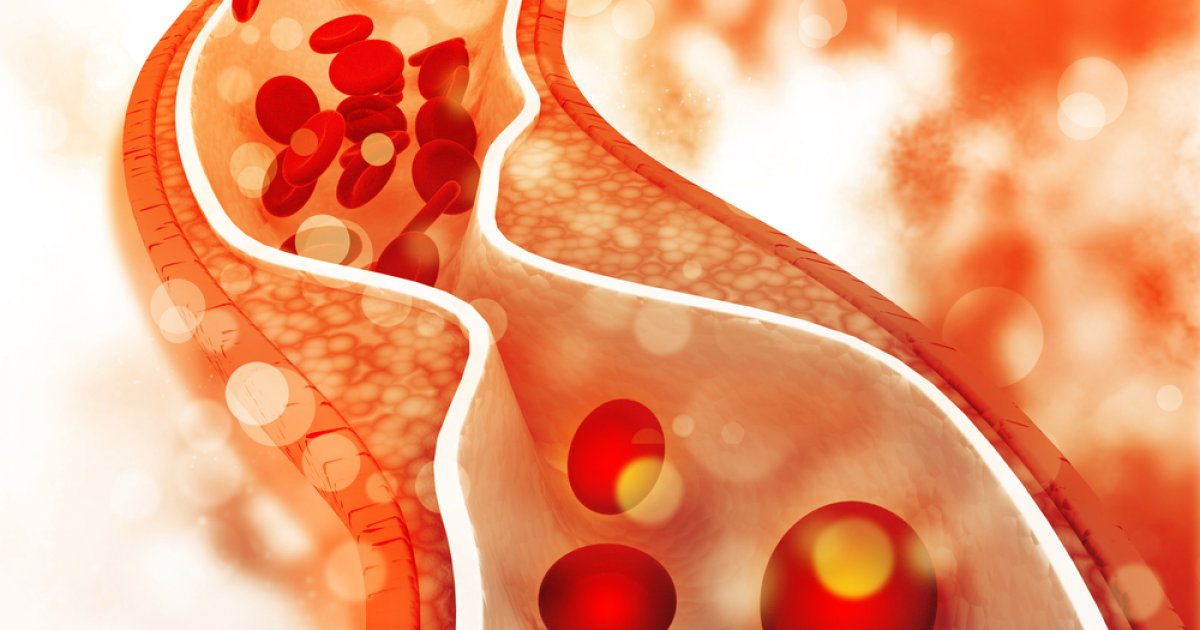Symptoms And Complications Of Pickwickian Syndrome
Obstructive Sleep Apnea

Difficulty breathing or periods of lapsed breathing during sleep is a common sign of obstructive sleep apnea, a symptom frequently associated with Pickwickian syndrome. Lapses in breathing can be caused when the throat becomes blocked during sleep, such as from excessive fat tissue or the tongue relaxing back into the throat. Some cases of apnea are caused by a lack of brain signals to the breathing muscles during sleep. Signs of sleep apnea include choking or coughing during sleep, snoring, lapses in breathing, and waking up tired or with a headache.
Pulmonary Hypertension

Pulmonary hypertension occurs in the blood vessels in the lungs and heart when the blood vessels are blocked or damaged. Excessive fat tissue can place too much pressure on the organs, often leading to blood vessel damage or narrowing. The hardening of these blood vessels can cause the heart or lungs to work harder, leading to the development of diseases, including pulmonary hypertension. There is no treatment for pulmonary hypertension, so it is important to do whatever is possible to prevent its development. Pulmonary hypertension is also notable as it is a common complication of Pickwickian syndrome when appropriate treatment is not undertaken or when the condition is particularly severe.
